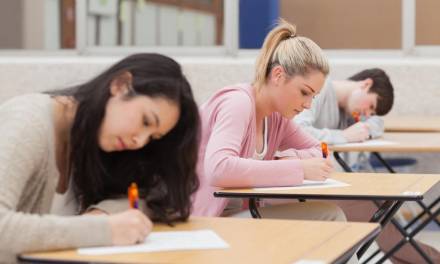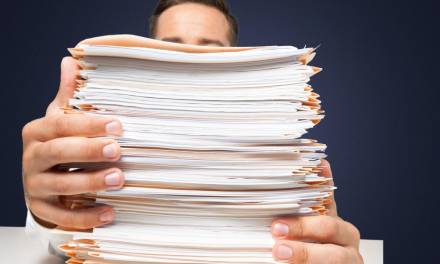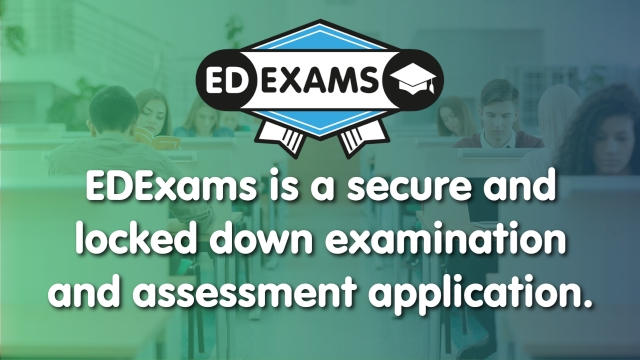The debate over the usefulness of mock exams has intensified as the new, more rigorous GCSE examinations have begun to be used across England, Wales and Northern Ireland.
This has combined with renewed calls regarding student stress and whether mock exams – and exams in general – are effective as a means of teaching.
Much of this debate centres on the students, although there are positives and negatives for teachers as well.
The benefits of mock exams
Mock exams allow both students and teachers to gauge progress and identify where improvements need to be made. They enable pupils to experience an exam situation and serves as a reminder that exams are on the horizon, giving pupils a nudge towards organisation and preparation.
An exam scenario, away from the comfort of the classroom, often focuses the mind of students whilst also ensuring that, when they walk into the real exam months later, they are familiar with the environment.
This practice can be invaluable for all students, whether they’re already confident about the exam scenario or whether they’re uncertain about the process.
For teachers and school leaders, mocks produce data that can be used to analysis which areas of study need more attention and which pupils may need extra support. However, they also bring with them issues including increased workload and cuts in teaching time.
The problems with mock exams
For all the benefits regularly cited at mock exam time, some remain unconvinced by the usefulness of the tests. Exams are major stress triggers for pupils, with 2017 figures from Childline highlighting an increase of 68% of counselling sessions relating to exam concerns.
Whether mocks alleviate this pressure by helping students become accustomed to exams or whether they’re simply another pressure point remains a source of fierce debate.
One major problem stems from the fact that mocks, by their very nature, take place well before the real thing. That generally means that teaching of the subject is far from complete. This can lead to demoralising results for pupils, but it also crucially diminishes the amount of time teachers are able to spend teaching during the year.
In a TES article from earlier this year discussing whether mocks should be scrapped or not, teachers recounted their frustration at the time spent invigilating and marking when they could be teaching.
One commented, ‘My frustration is that I’ve lost three weeks of learning to pupils sitting mocks on whole GCSEs when we haven’t anywhere near finished the course yet.’
Alongside this is the growing problem that many schools are now utilising multiple mock periods, reducing the amount of teaching time further.
With the introduction of new GCSEs, it perhaps makes sense to ensure that pupils have experience of being examined on them, but at what cost? If the more rigorous GCSEs are to be effective, surely students need as much classroom time as possible.
Stress
One Year 11 student recounted to TES her experience in her Physics mock:
These are not just lazy teenagers who can’t be bothered; they are children being bombarded with new content – much of which is former A-level content – who are stressed and exhausted by the pressure.
And what of the pressure on teachers? In January, teaching unions warned of a stress epidemic hitting their members with 1 in 83 teachers spending more than a month off work for stress and mental health issues in the year 2016-17.
‘The Secret Teacher’, writing in The Guardian highlighted the issues she faced:
My GCSE students had recently sat their mock exams, leaving me with more than 170 papers to mark. Each paper takes around an hour, meaning I didn’t have much of a Christmas break…In the end, in desperation, I called in sick to give me time to finish the marking. The kids wouldn’t have their teacher in their lessons, but I believed a cover teacher could do just as good a job as I would do in my current state.
It’s clear that while there are benefits of mock exams for both pupils and teachers, the organisation of the school year and the reduction in teaching time this leaves is causing major issues for all concerned.
Whether this will improve as the new GCSE exams settle into the curriculum will be up for debate for a few years yet.











